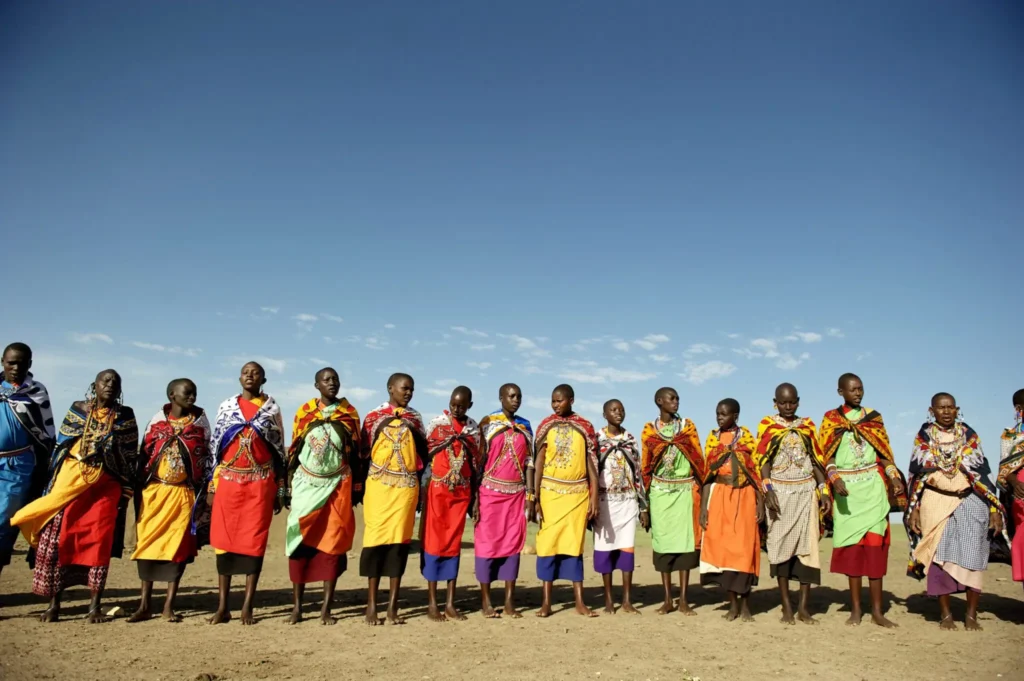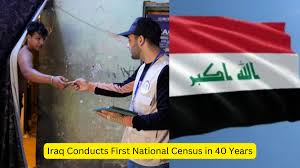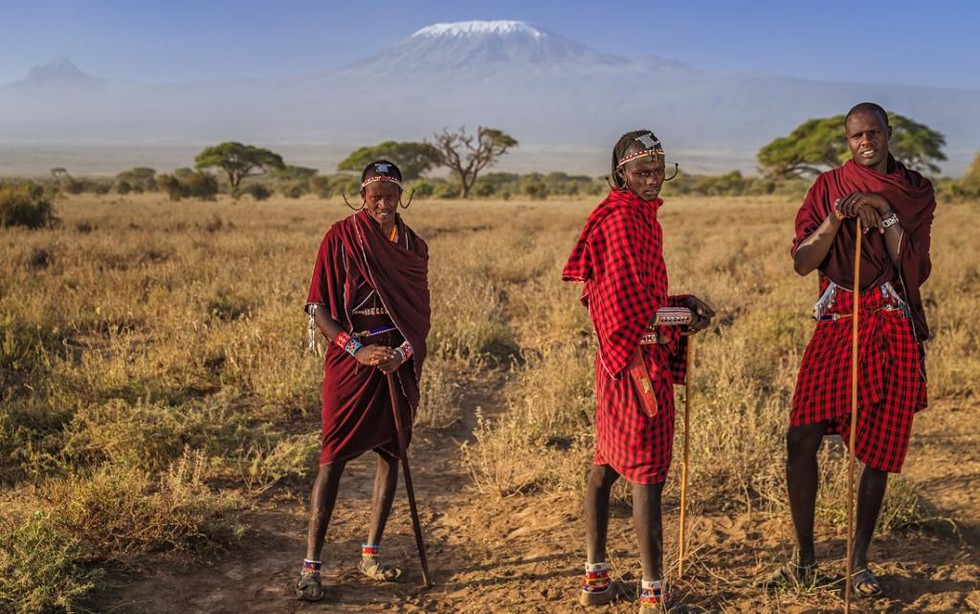European Commission Excludes Tanzania from Conservation Grant
Overview of the Decision
The European Commission (EC) has recently excluded Tanzania from its NaturAfrica conservation grant, a move that holds significant implications for conservation efforts within East Africa. This decision, primarily driven by documented human rights violations, focuses on the forced eviction of Maasai communities from the Ngorongoro Conservation Area and Loliondo. These events have drawn widespread international condemnation and have prompted a reassessment of Tanzania’s eligibility for international conservation funding.
About NaturAfrica
NaturAfrica is an ambitious initiative funded by the European Commission aimed at conserving biodiversity and promoting sustainable development in critical African landscapes. It targets specific regions known as Key Landscapes for Conservation and Development (KLCDs), striving to balance environmental protection with the support of local livelihoods and ensuring good governance for vital ecosystems. The exclusion of Tanzania from this program marks a pivotal moment in the intersection of human rights and environmental conservation.
Reasons Behind Tanzania’s Exclusion
The primary reason for Tanzania’s exclusion is the well-documented human rights abuses against the Maasai communities. These violations involved forced evictions and have been highlighted by various advocacy groups, including the Maasai International Solidarity Alliance (MISA) and Survival International. Their efforts in raising awareness about these abuses have been crucial in influencing the EC’s decision.
Broader Implications of the Exclusion
The exclusion of Tanzania from the NaturAfrica grant aligns with a broader international trend of prioritizing ethical considerations in conservation efforts. Similar actions have been taken by other major organizations, such as the World Bank and the German Development Cooperation, emphasizing the need for conservation projects to respect the rights and livelihoods of indigenous communities. This move signals a growing global emphasis on integrating human rights into environmental initiatives.
Future of Conservation Efforts in Tanzania
The exclusion from the NaturAfrica grant presents both challenges and opportunities for Tanzania. While the immediate impact may hinder certain conservation projects, it also serves as a call for the Tanzanian government to address human rights concerns more robustly. By improving its human rights record, Tanzania could potentially restore its eligibility for international support and enhance its conservation strategies.

Why This News is Important
Human Rights and Conservation
This news underscores the critical relationship between human rights and conservation efforts. It highlights the growing recognition that successful conservation projects must consider and respect the rights of local and indigenous communities. For students preparing for government exams, understanding this dynamic is essential as it reflects broader trends in international policies and ethical governance.
Impact on International Relations
The exclusion of Tanzania from the NaturAfrica program has significant implications for international relations and foreign aid. It demonstrates how human rights practices can influence a country’s eligibility for international funding and support. This aspect is crucial for civil service aspirants, particularly those focusing on international affairs and development studies.
Case Study for Ethical Governance
The decision by the European Commission provides a case study in ethical governance and the enforcement of human rights standards. It offers valuable insights into how international bodies can hold nations accountable for human rights violations, a topic pertinent to candidates preparing for exams in public administration and policy-making.
Historical Context
Background on the Maasai Evictions
The Maasai, a semi-nomadic ethnic group in East Africa, have faced numerous challenges due to conservation policies. The recent evictions from the Ngorongoro Conservation Area and Loliondo are part of a long history of displacement and marginalization. These actions were justified by the Tanzanian government as necessary for wildlife conservation and tourism development, but they have been widely criticized for violating the rights and livelihoods of the Maasai people.
International Advocacy and Support
Over the years, international organizations and advocacy groups have consistently supported the Maasai in their struggle for land rights and cultural preservation. The Maasai International Solidarity Alliance (MISA) and Survival International have been at the forefront, campaigning against forced evictions and advocating for the recognition of indigenous rights. Their efforts have been instrumental in bringing global attention to the issue, culminating in significant decisions like the EC’s exclusion of Tanzania from conservation grants.
Previous Funding Withdrawals
This is not the first instance where international bodies have withdrawn funding due to human rights concerns in Tanzania. The World Bank and the German Development Cooperation have previously taken similar actions, reflecting a pattern of increasing scrutiny on Tanzania’s human rights record. These precedents highlight the growing importance of ethical considerations in international aid and conservation funding.
Key Takeaways from Tanzania’s Exclusion from NaturAfrica Program
| Serial No. | Key Takeaway |
|---|---|
| 1 | The European Commission excluded Tanzania from the NaturAfrica grant due to human rights violations against the Maasai. |
| 2 | The NaturAfrica initiative aims to conserve biodiversity and support sustainable development in key African landscapes. |
| 3 | Advocacy groups like MISA and Survival International played a crucial role in raising awareness about the Maasai evictions. |
| 4 | The exclusion aligns with similar actions by the World Bank and German Development Cooperation, emphasizing ethical considerations in conservation. |
| 5 | This decision underscores the need for Tanzania to improve its human rights record to regain international support for conservation efforts. |
Important FAQs for Students from this News
What is the NaturAfrica conservation grant?
The NaturAfrica conservation grant is an initiative funded by the European Commission aimed at conserving biodiversity and promoting sustainable development in critical African landscapes, focusing on Key Landscapes for Conservation and Development (KLCDs).
Why was Tanzania excluded from the NaturAfrica grant?
Tanzania was excluded due to documented human rights abuses, specifically the forced eviction of Maasai communities from the Ngorongoro Conservation Area and Loliondo.
Who are the Maasai and why are they significant in this context?
The Maasai are a semi-nomadic ethnic group in East Africa. They have been historically marginalized and their forced eviction from conservation areas in Tanzania has drawn international condemnation, influencing funding decisions like that of the NaturAfrica grant.
Which organizations have highlighted the human rights abuses in Tanzania?
Organizations such as the Maasai International Solidarity Alliance (MISA) and Survival International have been instrumental in raising awareness about the human rights abuses against the Maasai.
What are the broader implications of Tanzania’s exclusion from the grant?
The exclusion highlights the growing trend of integrating human rights considerations into environmental conservation efforts and can influence Tanzania to improve its human rights record to regain international support.
Some Important Current Affairs Links















